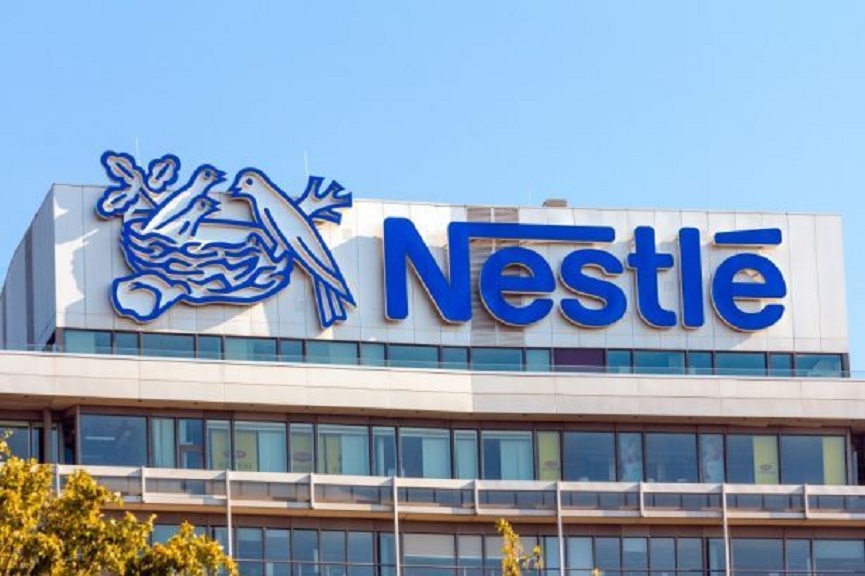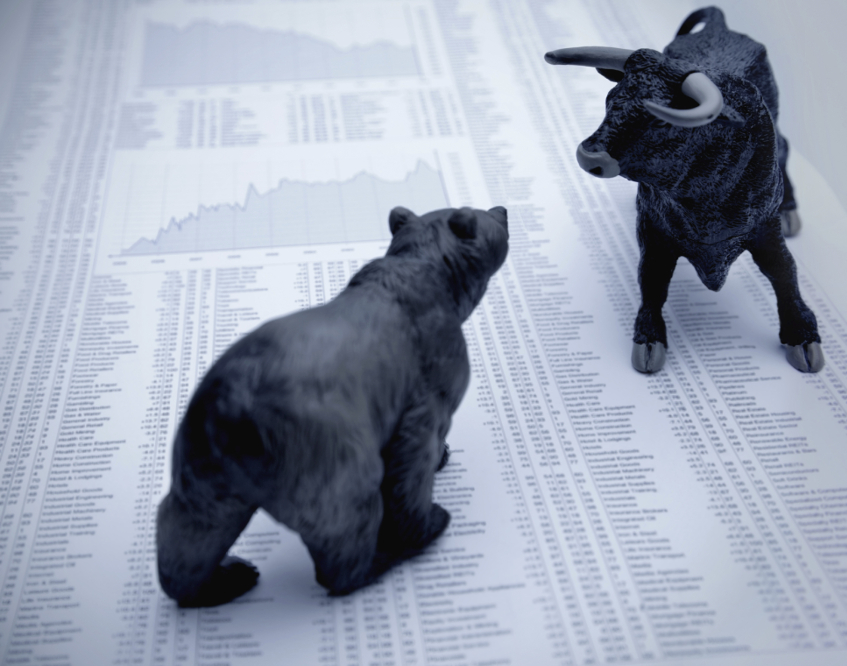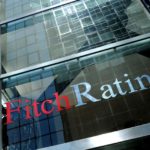Economy
Is Nigerian Equities Market Overvalued?
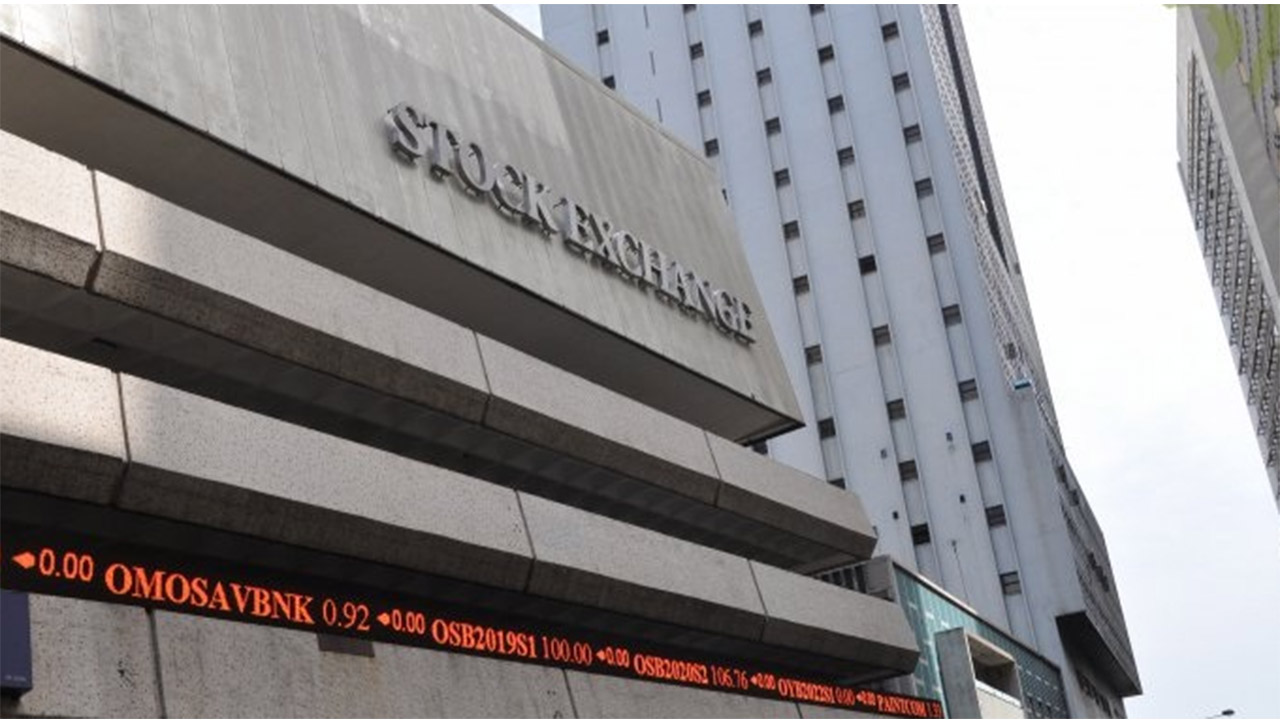
By Afrinvest Research
Given the challenges faced between H2:2014 and Q1:2017, investors constantly punished Nigerian equities, with sell-offs recorded across various sectors of the market.
Consequently, Nigerian equities were undervalued, in comparison to peers, presenting ample opportunities for investors to take advantage of some of the companies, which turned out impressive results despite the economic challenges.
Following the reforms in the FX market which resulted in increased FX liquidity and a restoration of investor confidence, massive gains were recorded in the market in 2017 and this has been sustained into 2018, up 12.2% (12/01/2018).
With the market now at an all-time high in terms of market capitalisation and the NSE All Share Index at a 9-year high, there are justifiable fears of overvaluation of the market which raises concerns with regards to a near term correction.
Our approach is to diagnose and probe into the fundamentals as well as technical merit of the overvaluation hypothesis.
From our analysis, average Trailing P/E and P/BV for the Nigerian equities market in the last one month as at 17/01/2018 stood at 13.1x and 1.7x, which are lower than 15.1x and 2.0x respectively for the MSCI Frontier markets index.
Looking back to the last 2-year bull market run Nigeria experienced between 2012 and 2013, the Nigerian equities market was priced at a premium to frontier markets peers in the late cycle of the run, as shown in the average P/E and P/BV multiples of the MSCI Frontier Markets index of 12.5x and 1.6x in 2013 relative to 13.5x and 2.2x of the Nigerian market in the same period.
This implies that despite the rally in the market in 2017 and early trading in 2018, current undervaluation of the Nigerian market by valuation multiples and the proven historical valuation premium Nigerian market enjoys in period of boom suggest there are more miles to clock in the market rally.
Hence, against the backdrop of improving macroeconomic conditions as well as positive outlook for corporate earnings, we believe there is a compelling case for investors to sustain interest in the Nigerian equities market as already noticed in the YTD return of 17.4% (17/01/2018).
Our Scenario Analysis in 2018
A review of our market forecast for 2017, shows that actual performance outperformed our bull case scenario, in which we projected that a contraction in the spread between the official and parallel market rates, an increase in oil production to about 2.2mb/d, oil prices between $55/b to $60/b and MPR at 14.0% will result in a 15.6% appreciation in the benchmark index.
Actual performance for 2017 (+42.3%) surpassed our forecast as investor confidence was reinvigorated following the reforms in the FX market and resilient earnings. In 2018, we envisage that market performance will be largely determined by the following factors:
- Earnings fundamental of Corporates;
- Stability in the FX market and other macro indicators; and
- Funds flow dynamics to emerging and frontier markets.
Our analysis of market trend over the past 10 years, makes a case for a possible repetition of history.
As noticed in 2012 and 2013, the periods following the global economic crisis, sentiment in the local bourse strengthened which drove the ASI 35.4% and 47.2% northwards in the respective years.
In a similar situation, as the economy rebounded from the slump – 2014 to 2016 – in 2017, we expect market sentiment to wax stronger in 2018.
In our scenario analysis for the market performance in 2018, we employed a blend of relative valuation in which we benchmarked our market valuation against multiples for peers in the MSCI Frontier market index and absolute valuation based on price forecasts for our coverage universe which is about 86.0% of the entire market.
From our analysis, the Nigerian market has outperformed the MSCI index on the basis of EPS, growing at a CAGR of 12.2% between 2010 and 2017 vs. a 2.1% decline for the MSCI index in the same period.
Similarly, on a P/E basis, the Nigerian market has commanded higher pricing over the MSCI index in 6 of the 8 years under review.
Against this backdrop, we carried out scenario analysis for the performance of the All Share Index in 2018.
Our forecast for the performance of the benchmark index in 2018 is largely positive as our scenarios (bear, base, bull) all signal appreciation in the benchmark index.
On a relative valuation basis, we noted earlier that our expectations for corporate earnings in 2018 is largely optimistic on the back of improving conditions in the operating environment; hence, we assumed an EPS of N3,377.4 as our base case scenario which implies a 13.0% increase from a trailing EPS of N2,988.8 in the prior year.
Our EPS projection was based on the 7-year EPS CAGR for the All Share Index to arrive at the forecast.
For our P/E projection, we compared current pricing in the Nigerian markets against peers for which the MSCI Frontier Markets index was employed.
In order to arrive at our p/e forecast of 14.1x in the base case scenario, we analysed historical P/E multiple of the ASI relative to the MSCI Frontier Index P/E and assumed a 1.0x premium in line with historical valuation spread.
This methodology yielded an All Share Index projection of 47,620.71 points in our base case scenario, which suggests a 24.5% appreciation in the year.
On an absolute valuation basis, we have a more conservative forecast for market performance, albeit still positive.
Based on our 12-month target prices from our coverage universe of stocks – about 86.0% of market cap – relative to 2017 yearend prices, we forecast a 5.6% jump in market capitalisation, implying ASI projection of 40,384.81 points.
Finally, to make a call on market performance for 2018, we adopted a blend of both valuation methodologies. Based on the foregoing, we arrived at an ASI projection of 45,811.73 points for 2018 which is a 19.8% appreciation from 38,243.19 points in 2017.
Our bear case (+7.7% to 41,189.9 points) and bull case (+32.7% to 50,749.10 points) also follow the same trend and further buttress the consensus view of positive market performance in 2018.
Whilst we note that developments in the macro space will also determine overall market performance, we opine that barring any major shocks in the FX market, corporate fundamentals will be a key determinant of overall performance.
Economy
Fitch Sees Nigeria’s External Debt at $5.2bn, Maintains Stable Outlook

By Adedapo Adesanya
Fitch Ratings has projected Nigeria’s external debt service to reach $5.2 billion this year from $4.7 billion in 2024, though it maintained a stable outlook for the country in its latest rating.
The agency also cited a minor delay in the payment of a Eurobond coupon due on March 28, 2025, as a reflection of persistent challenges in public finance management.
The rating firm had upgraded Nigeria’s long-term foreign-currency issuer default rating to ‘B’ from ‘B-’, with a stable outlook.
The $5.2 billion in debt service, according to Fitch, includes $4.5 billion in amortisation payments and a $1.1 billion Eurobond repayment due in November.
The development highlights the growing pressure on public finances despite ongoing economic reforms by the federal government.
Fitch noted, “The government external debt service is moderate but expected to rise to $5.2 billion in 2025 (with $4.5bn of amortisations, including a $1.1 billion Eurobond repayment due in November 2025), from $4.7 billion in 2024, and fall to $3.5 billion in 2026.”
It warned that although Nigeria’s external debt service remains within manageable levels, high-interest costs, weak revenue performance, and limited fiscal space remain significant concerns, adding that general government debt was expected to remain at about 51 per cent of GDP in 2025 and 2026.
However, it expressed concerns over the government’s revenue position, noting that interest payments will consume a substantial portion of income.
“We expect general government revenue-to-GDP to rise but to remain structurally low (averaging 13.3 per cent in 2025–2026), largely accounting for a high general government interest/revenue ratio, above 30 per cent, with federal government interest/revenue ratio of nearly 50 per cent,” it stated.
The company observed that Nigeria’s gross reserves rose to $41 billion at the end of 2024, before declining to $38 billion due to debt service payments.
Despite this, Fitch expects the country’s reserves to average five months of current external payments over the medium term, above the median for similarly rated economies, adding that recent policy reforms had contributed to increased foreign exchange inflows and better monetary stability, with inflation projected to average 22 per cent in 2025.
“Net official FX inflows through the CBN and autonomous sources rose by about 89 per cent in Q4 2024. We expect continued formalisation of FX activity to support the exchange rate, although we anticipate modest depreciation in the short term,” a part of the report stated.
It commended the government’s commitment to economic reforms, including the removal of fuel subsidies, liberalisation of the exchange rate, and tightening of monetary policy, noting that these steps had improved policy credibility and strengthened Nigeria’s ability to absorb shocks.
However, the agency warned that risks to Nigeria’s external and fiscal position remained, particularly if oil prices fall or policy implementation slows down.
Economy
Forex Trading in Nigeria: Beginner Tips, Trends and the Benefits of STIC Cashback
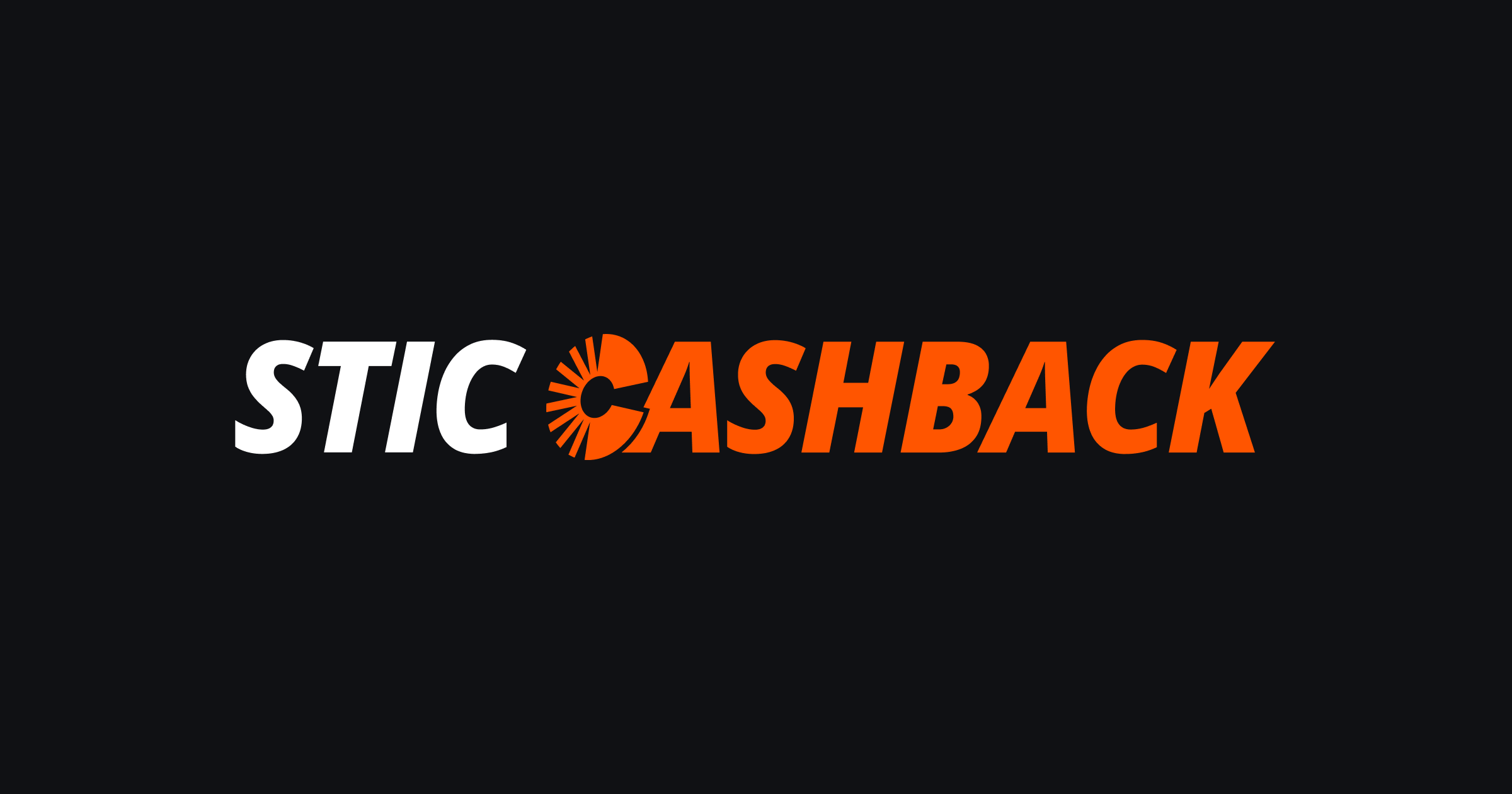
Forex trading is booming across Nigeria, drawing in thousands of new traders eager to make money from currency markets. This beginner-friendly guide explains how to get started, where to learn the basics, and how services like STIC Cashback can boost your profits through the best forex cashback Nigeria offers. Discover how to use the cashback forex calculator, what platforms to trust and how to trade smarter, not harder.
Forex trading is growing rapidly in Nigeria, with more and more individuals turning to the foreign exchange market to build wealth, create side income, or gain financial independence. Thanks to increasing access to online brokers and mobile-friendly platforms, people across the country—from Lagos to Abuja—are exploring how to trade forex like never before.
As this trend picks up momentum, both beginners and experienced traders are seeking smarter ways to trade. One powerful way to get more out of every trade is through cashback forex programs, with STIC Cashback leading the charge as the best forex cashback Nigeria has to offer.
Why forex trading is on the rise in Nigeria
Forex trading, or the exchange of one currency for another, offers flexibility, liquidity and global access. With the Nigerian economy becoming more integrated into global markets, forex is becoming an attractive financial opportunity for many Nigerians.
People are drawn to the 24-hour nature of the forex market, the low barrier to entry and the chance to learn and grow independently. Whether you’re trading major currency pairs like EUR/USD or looking into CFDs (contracts for difference), forex offers endless possibilities.
However, entering the market without preparation can be risky. That’s why it’s essential to start with a guide like the one found at sticcashback.com/blog/how-to-trade-forex-for-beginners. It provides the fundamentals on how to trade forex for beginners, including broker selection, setting up your account and managing risk.
Getting started: How to trade forex for beginners
As highlighted in the STIC Cashback blog linked above, starting with a solid foundation is key. Here’s a quick roadmap for beginners:
- Learn the basics – Understand how currency pairs work, how pips are calculated and what affects market movements.
- Choose a trusted broker – Work with brokers partnered with STIC Cashback to enjoy cashback benefits on every trade.
- Set goals and risk levels – Define your trading plan and use tools like stop-losses and take-profit orders.
- Start small, grow smart – Begin with a demo account or micro-lots, especially if you’re still learning.
When paired with the cashback forex calculator, beginners can estimate how much they’ll earn back from their trades through cashback—something that can significantly impact long-term profitability.
The power of cashback forex programs
Forex trading can involve fees and commissions, which add up quickly over time. Cashback forex programs offer a simple but powerful way to reduce those costs by returning a portion of your trading volume as real money.
Here’s where STIC Cashback shines.
- Weekly cashback – STIC Cashback provides a weekly cashback forex payment based on how much you trade.
- Low withdrawal minimum – You can withdraw once your cashback hits just $50.
- No catch – You earn your cashback simply by trading with STIC Cashback’s trusted broker partners.
- Best rates – Their offer is widely considered among the best forex cashback Nigeria users can access today.
With STIC Cashback, traders get back a portion of every trade. This effectively lowers trading costs and increases profitability. The STIC Cashback forex calculator lets you forecast your cashback earnings based on your trading volume, helping you plan smarter and making it far and away the best forex cashback Nigeria has to offer.
Why Nigerian traders trust STIC Cashback
STIC Cashback stands out for its transparency, fast payments and strong relationships with reliable brokers. Nigerian traders love STIC Cashback because:
- It’s easy to use.
- It works with top brokers who accept Nigerian traders.
- Payments are reliable, safe and timely.
- You can calculate your rewards using the cashback forex calculator before you even trade.
As a service built for both beginner and expert traders, STIC Cashback is helping make forex more profitable and accessible and is easily the best forex cashback Nigeria can offer its traders. Whether you’re just starting or already trading daily, it makes sense to earn extra from each trade.
Partner with trusted brokers, trade with confidence
One of the biggest benefits of using STIC Cashback is access to their network of trusted broker partners. These brokers meet high standards for safety, speed and transparency, ensuring you can trade forex and CFDs confidently.
When you trade through one of these brokers and use STIC Cashback, you’re not only gaining an edge through low spreads and strong platforms, but you’re also earning a rebate every week. It’s the perfect blend of efficiency and extra income.
Join Nigeria’s growing forex community today
With forex trading gaining popularity in Nigeria, there’s never been a better time to start. Thanks to resources like the STIC Cashback beginner’s guide and tools like the cashback forex calculator, new traders can begin with clarity and confidence.
Sign up today at www.sticcashback.com and start trading with one of STIC Cashback’s broker partners. Tap into the best forex cashback Nigeria traders can rely on. Whether you’re looking to trade full-time or just want to earn from market movements in your spare time, STIC Cashback can help you grow your account faster.
Economy
Genesis Energy, Katsina Seal $500m Investment Deal

By Adedapo Adesanya
The Katsina State government has attracted an investment worth about $500 million for the development, financing and execution of a series of major energy infrastructure projects across the state.
The state government recently sealed the deal with a United Kingdom-based leading Pan-African clean energy infrastructure development and asset management company, Genesis Energy Holding.
The Memorandum of Understanding (MOU) between the two parties outlines a strategic partnership for the development, financing, construction, operation, and maintenance of key energy projects.
In addition, these projects aim to accelerate the industrialisation and socio-economic advancement of Katsina State and provide clean, reliable, and sustainable energy solutions for the region.
It also provides the framework for the collaborative development of a diverse portfolio of energy projects, focusing on solar, wind, hydro, mini-grids, and natural gas solutions.
The Governor of Katsina State, Mr Dikko Radda, described the partnership as “a significant step toward providing reliable, cost-effective, and environmentally friendly power solutions, fostering economic growth, and attracting investments to Katsina State.”
“This MOU represents a major milestone in our ongoing efforts to build resilient infrastructure that will not only address Katsina’s immediate energy needs but also lay the foundation for a prosperous and greener future for generations to come.
“The first of the series of projects being constructed under this partnership will shortly be commissioned before the end of this April 2025,” he added.
On his part, the Chairman and CEO of Genesis Energy, Mr Akin II Omoboriowo, noted that, “Lighting Up Africa is more than just a vision for Genesis; it is the very heartbeat that drives us. We are committed to enduring the rigorous process of developing and financing projects to bring sustainable energy solutions to the continent.
“For Genesis Energy, this marks a significant milestone as we continue to actively partner with Katsina State in achieving energy independence, creating a pivotal opportunity to industrialize the state and position it as a major player in clean and renewable energy generation.”
The primary objective of this collaboration is to address the state’s growing energy needs and support the Nigerian Government’s broader energy security and sustainability goals.
The MOU lays the foundation for creating a multi-phased energy platform that will provide power to critical sectors, including healthcare, industry, and agriculture while contributing to the regional transition to a green economy.
The key initiative of the MOU involves powering critical sectors and providing critical energy infrastructure across key sites across the State, deploying suitable energy technologies.
Phase One of the projects is expected to be executed concurrently across multiple initiatives, aimed at promoting energy independence, facilitating industrialisation, creating jobs, and displacing significant amounts of CO² emissions.
-

 Feature/OPED5 years ago
Feature/OPED5 years agoDavos was Different this year
-
Travel/Tourism9 years ago
Lagos Seals Western Lodge Hotel In Ikorodu
-

 Showbiz2 years ago
Showbiz2 years agoEstranged Lover Releases Videos of Empress Njamah Bathing
-

 Banking7 years ago
Banking7 years agoSort Codes of GTBank Branches in Nigeria
-

 Economy2 years ago
Economy2 years agoSubsidy Removal: CNG at N130 Per Litre Cheaper Than Petrol—IPMAN
-

 Banking2 years ago
Banking2 years agoFirst Bank Announces Planned Downtime
-

 Sports2 years ago
Sports2 years agoHighest Paid Nigerian Footballer – How Much Do Nigerian Footballers Earn
-

 Technology4 years ago
Technology4 years agoHow To Link Your MTN, Airtel, Glo, 9mobile Lines to NIN





